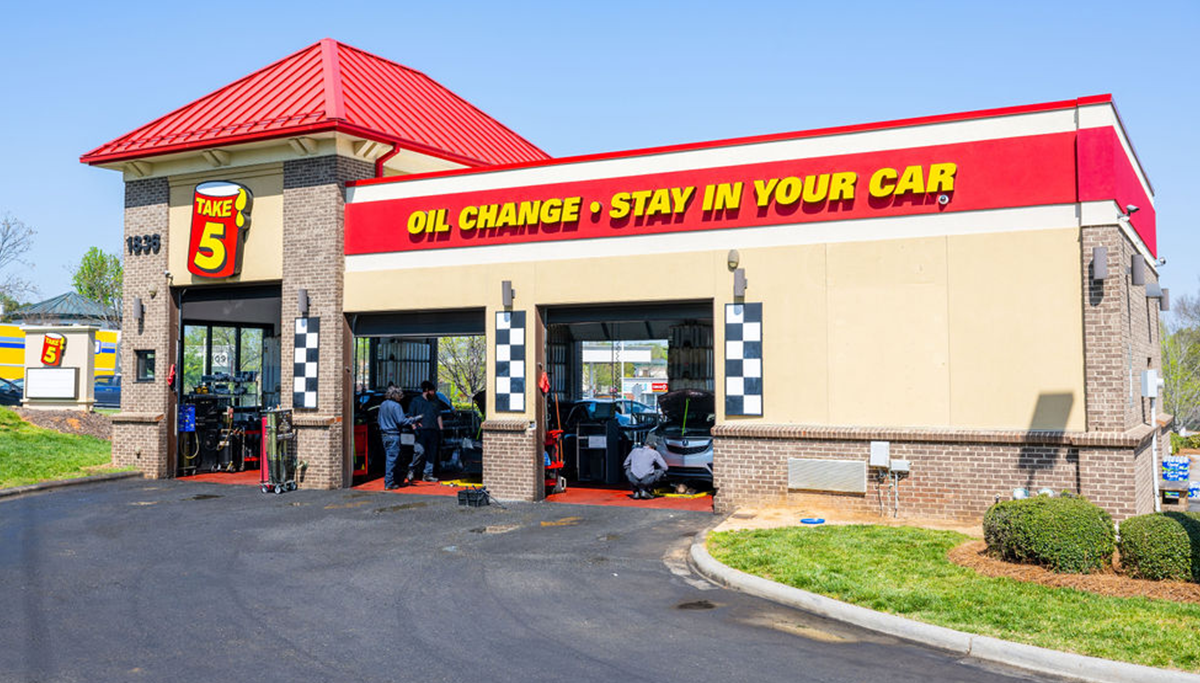Memory care is a specialized form of support designed for individuals suffering from memory-related conditions, such as Alzheimer’s disease and other forms of dementia. As the population ages, the need for effective memory care solutions becomes increasingly vital. This comprehensive guide aims to empower families and caregivers with the knowledge they need to provide the best support for those in need of memory care.
Understanding Memory Care
Memory care facilities cater specifically to the requirements of individuals with memory impairments. These facilities are equipped with trained staff and structured programs that promote cognitive function and provide a safe environment. Memory care is not just about managing symptoms; it’s about enhancing quality of life through various therapeutic approaches, social activities, and individualized care plans.
Signs Your Loved One May Need Memory Care
Recognizing the signs that your loved one may need memory care is crucial. Common indicators include:
- Increased forgetfulness, such as misplacing items or forgetting appointments.
- Difficulty following conversations or repeating questions frequently.
- Changes in mood or behavior, including confusion, agitation, and withdrawal.
- Inability to manage daily tasks, such as cooking or personal hygiene.
- Getting lost in familiar surroundings.
If you notice these signs, it may be time to consider memory care options.
Choosing the Right Memory Care Facility
When selecting a memory care facility, consider the following factors:
- Location: Proximity to family and friends can play a significant role in maintaining relationships and support systems.
- Staff Qualifications: Ensure that the facility employs trained professionals who specialize in memory care.
- Safety Features: Look for secure environments that minimize the risk of wandering and accidents.
- Programs and Activities: A good memory care facility should offer engaging activities that promote cognitive function and social interaction.
- Family Involvement: Choose a facility that encourages family participation and communication.
Visiting potential facilities, asking questions, and observing the environment can help you make an informed decision.
Types of Memory Care Services
Memory care encompasses a variety of services designed to meet the unique needs of individuals with memory impairments. These may include:
- Personal Care: Assistance with daily activities such as bathing, dressing, and grooming.
- Medication Management: Ensuring that medications are taken on time and as prescribed.
- Behavioral Support: Addressing challenging behaviors with tailored interventions.
- Therapeutic Activities: Engaging residents in memory-enhancing activities like art, music therapy, and cognitive games.
- Social Engagement: Encouraging social interactions through group activities and events.
These services are designed to create a supportive environment that fosters dignity, independence, and a sense of belonging.
Supporting Families and Caregivers
Caring for a loved one with memory impairment can be emotionally and physically demanding. It’s essential for families and caregivers to seek support and self-care. Consider the following strategies:
- Join Support Groups: Connecting with others who are facing similar challenges can provide emotional relief and practical advice.
- Educate Yourself: Understanding memory-related conditions can help you navigate care and communicate effectively.
- Set Realistic Expectations: Acknowledge that there will be good days and bad days; patience is key.
- Take Breaks: Caregiver burnout is real. Schedule regular breaks to recharge and maintain your well-being.
- Utilize Respite Care: Consider temporary care options to give yourself a break while ensuring your loved one is well cared for.
Innovative Approaches in Memory Care
The field of memory care continues to evolve with innovative approaches that enhance care and support. Some of these include:
- Technology Integration: Utilizing technology such as wearable devices, apps, and virtual reality to enhance engagement and safety.
- Person-Centered Care: Focusing on the individual’s preferences, history, and personality to tailor care plans.
- Holistic Approaches: Incorporating physical, emotional, and spiritual wellness into care strategies.
- Music and Art Therapy: These therapies have been shown to improve mood, reduce anxiety, and engage memory.
By embracing these innovative strategies, memory care facilities can provide a more enriching experience for residents.
Conclusion
Memory care is a vital resource for individuals coping with memory-related challenges. By understanding the options available, recognizing the signs that your loved one may need support, and choosing an appropriate facility, you can empower both your loved one and yourself. Through education, innovative care strategies, and community support, we can enhance the lives of those affected by memory impairments and ensure that they receive the dignity and respect they deserve.








